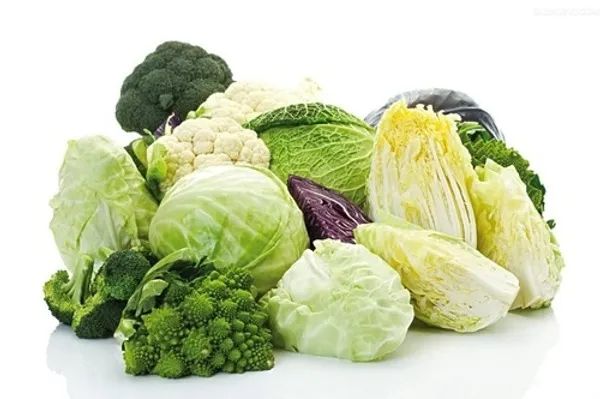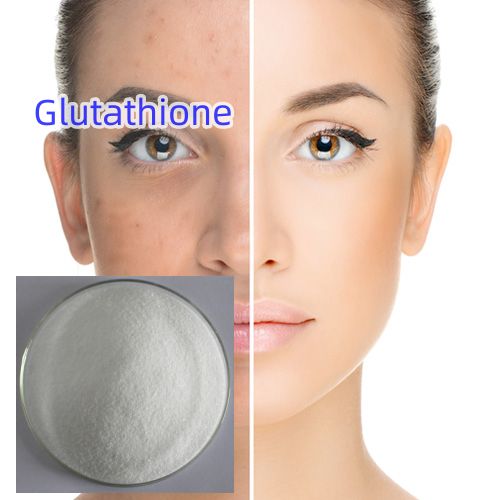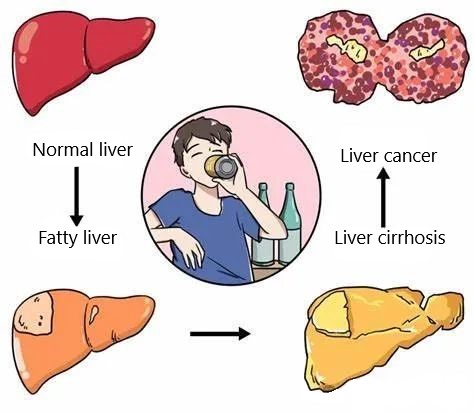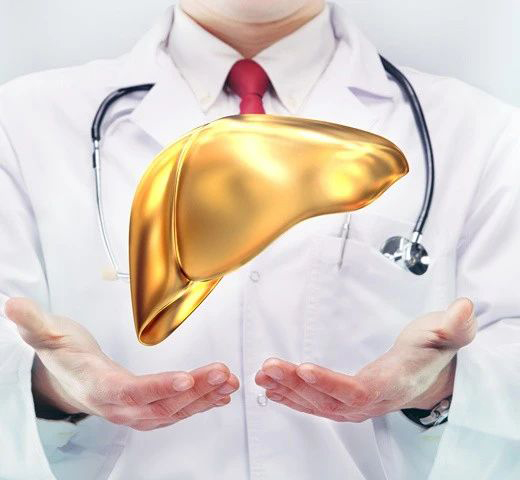In recent years, “antioxidants” and “free radicals” have become well-known words, antioxidants, anti-free radicals are anti-aging methods. Glutathione
While we all know that there is no quick fix for improving your health, glutathione’s omnipotence makes it easier to be healthy.

Glutathione, known as the body’s “primary antioxidant,” plays an important role in almost all systems and organs and is essential for processes such as protection, energy production, hormone balance, and detoxification.
The body produces glutathione on its own, but modern lifestyle and environmental factors cause many people to have less than ideal levels of GSH.
Additional GSH supplements may be a better way to go, but the properties of GSH make finding the right supplement, effective form and dosage not as simple as most supplements.
Today I will tell you how important GSH is, and how to supplement it more effectively!
What is glutathione?
Glutathione is a small protein called a tripeptide that is made up of three amino acids: glycine, cysteine, and glutamate (aka glutamate). Glutathione Factory
Some people refer to it as a “major antioxidant” because it plays an important role in the body’s ability to use and recycle other antioxidants, such as vitamins E and C, coenzyme Q10, and alpha-lipoic acid.
GSH comes in two forms: oxidized glutathione (GSSG, or inactive form) and reduced glutathione (GSH or L-glutathione, active form). GSH actively participates in the process of oxidizing free radicals, and in the process is oxidized and converted into inactive GSSG.
GSSG can be recycled back into GSH with the help of an enzyme called glutathione reductase. However, if the amount of this enzyme is insufficient or does not function properly (for example, if there is too much GSSG, it becomes overwhelmed), cell damage can occur.

What does glutathione do?
Glutathione plays a role in most body processes. Insufficient amounts can cause many discomfort and potential health problems, and lower glutathione levels can stem from genetic factors, diet, lifestyle, and age. Here are a few examples of the fundamental role of GSH in human health.
1. Age well and live longer
Low levels of GSH are associated with premature cell death (also known as apoptosis), while high levels of glutathione are associated with longevity.
When the body has enough GSH, it can help maintain energy levels, promote a healthy inflammatory response, support cognitive activity, and normalize metabolic function. The more GSH the body has, the healthier the mitochondria and cells.

2. Anti-oxidation and anti-free radical damage
Antioxidants are known for their healthy aging benefits, as they help protect your body from oxidative stress or free radical damage.
The body naturally produces energy and releases free radicals, which is inevitable. Free radicals are in the form of oxygen losing an electron, and both healthy cells and DNA that come into contact with them are “destroyed.”
Antioxidants such as GSH preemptively bind and neutralize oxidizing compounds such as carbon radicals, hydroperoxides, superoxides, nitric oxide, peroxynitrites, and lipid peroxides.

3. Improve physical vitality
Mitochondria are the energy producers of every cell and rely on GSH for protection. When free radicals damage mitochondria, their activity becomes blunted and may lead to further oxidation of the mitochondria. Decreased mitochondrial function can lead to fatigue, weakness and health problems.
4. Help detox
Perhaps the most significant effect of GSH is how it supports detoxification.
Specifically, glutathione essential for Stage 2 detoxification,
which directly acts on harmful substances in the body that partially broken down in stage 1, such as heavy metals.
This process called binding and carried out by GSH.
These four functions of GSH are just some examples of the key roles it plays in the body. Other factors can also cause GSH levels to drop, such as harmful substances in the body,
daily stress, genetics, excessive alcohol or other substances, smoking, and aging.
How to supplement glutathione?
As always, diet is an important first step to increasing and maintaining GSH levels by eating foods rich in selenium, sulfur, zinc, and alpha-lipoic acid precursors.
Cruciferous vegetables (kale, arugula, broccoli, cauliflower, cabbage), liver, beef, oysters and other seafood, eggs, and Brazil nuts are all foods rich in these nutrients.

Direct glutathione supplementation can tricky because not all forms of GSH well absorbed. Until now, most practitioners have recommended liposomal glutathione or other pure GSH products.
The probiotic strain Lactobacillus fermentum ME-3 has also been studied as a highly potent antioxidant and antibacterial strain that is particularly beneficial for cognitive function and brain health, primarily due to its glutathione production.
reference
- [1] National Center for Biotechnology Information. PubChem Compound Summary for CID 124886, Glutathione. https://pubchem.ncbi.nlm.nih.gov/compound/Glutathione. Accessed Nov. 20, 2023.
- [2] Blankenberg S, Rupprecht HJ, Bickel C, Torzewski M, Hafner G, Tiret L, Smieja M, Cambien F, Meyer J, Lackner KJ. Glutathione Peroxidase 1 Activity and…N Engl J Med. 2003;349:1605-1613. doi:10.1056/NEJMoa030535.
- [3] Deponte M. The Incomplete Glutathione Puzzle: Just Guessing at Numbers and Figures? Antioxid Redox Signal. 2017 Nov 20;27(15):1130-1161. doi: 10.1089/ars.2017.7123. Epub 2017 Jul 19. PMID: 28540740; PMCID: PMC5661824
- [4] Ribas V, García-Ruiz C, Fernández-Checa JC. Glutathione and mitochondria. Front Pharmacol. 2014 Jul 1;5:151. doi: 10.3389/fphar.2014.00151. PMID: 25024695; PMCID: PMC4079069
- [5] Lactobacillus fermentum ME-3 sponsored by Essential Formulas, Inc. Revolutionizing Glutathione… Natural Medicine Journal. June 24, 2019.




